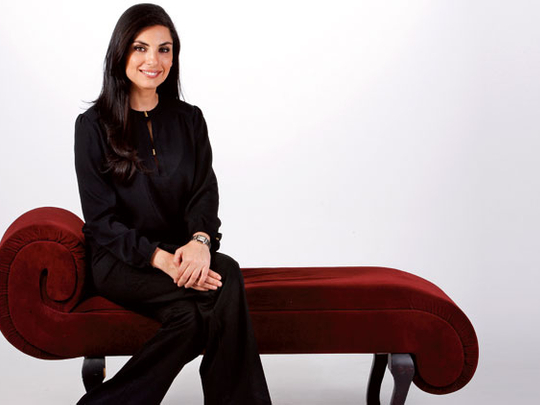
“We live in a dissociative culture where we reward positivity and success and where being vulnerable means being weak. When I tell my clients to be vulnerable, they freak out. But by vulnerability, I mean to be open to really feeling your emotions. “Of course, there’s a place for positivity – I’m all for the Laws of Attraction – but there seems to be a delusional quality to the way we do it. When we go through hard times, such as divorce, death and loss, we self-medicate with shopping, food, exercise and other things.
But these emotions, these dark emotions – such as guilt, fear, pain and grief – they have a vibrational quality to them. And unless you sit with them and befriend them, and let them vibrate through you, they can become stuck and can develop into toxic, emotional cancers. “Sometimes, you have to move a few years away from the event to be able to look back.
This is because we find ways to brace ourselves through the pain in order to protect our family, our children, our home... Deep down you know that if you had tried to process those emotions then, you would have unravelled – and you couldn’t let your children see you unravel. So, you kept everything contained, and it was healthy to do so. But eventually, you get to a point where you think, ‘OK, I’m ready to look back and process this now’.
“I always say that life involves suffering. You have to learn from that suffering and make wisdom from what happened. What was the value of the experience? What have I learnt from that? How did it go? What helped me get through it? If you keep going through life with positivity, you won’t grow. Pain is pain, no matter what level it is.
Sometimes thinking positive is not always enough and stops people from listening
to the lessons. “Grief is a really big one. Grief lives inside your body and you can’t not process it – it won’t just go away. In our culture, if someone dies, you take three days off and then you’re expected to move on. You’re not allowed space to grieve and you’re not allowed to really talk about it. But there is a value in the grieving process.
When you grieve a loss, you recognise life and learn how to live. The opposite of grief is gratitude... The more you grieve, the more you appreciate every minute of life. Most of the time people don’t even touch it – they just lock it away – but they need to be told, ‘It’s OK to be sad about this two years later. It’s OK to cry because you miss your mum four years after she died’. Eventually the rainbow comes out and they learn how to think about that person in a healthy way.
“Vulnerability – opening yourself up to the hurt of your experiences – takes courage. Find the power to be vulnerable. If you don’t feel fear, you will never feel joy. If you don’t feel pain, you will never feel pleasure. If you live life with an emotional armour on and don’t let people in, you’ll feel safe, but you won’t have connection. Yes, you’ll be protected from pain, but you’ll be prevented from passion.
“To feel everything – to really feel everything – you have to let people in and connect with them on a deeper level, and allow them to be human in their dealings with you. We’re all so guarded. We’re becoming machines, losing our humility and our humanity. People think they are above pain and that their beliefs, or spirituality, will carry them over the hot coals.
But one does not become enlightened by imagining figures of light – bring forth the darkness! Use the shadows to become enlightened. Find someone who will listen and a place where you can sit and feel safe. Then face it. Go through it. It’s the only way out.”
Saliha Afridi is a clinical psychologist and owner of The LightHouse Arabia (lighthousearabia.com), which offers free grief support groups for adults and children.










